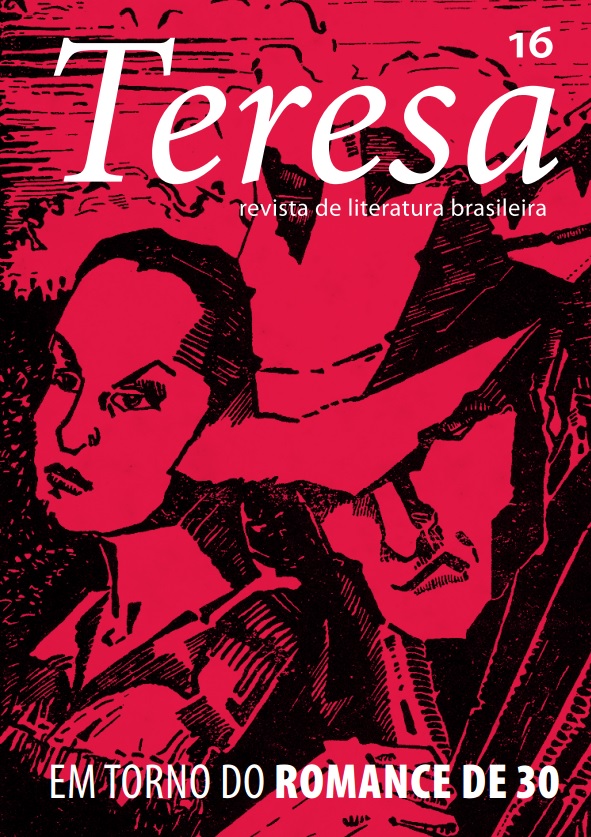Herói fracassado: Mário de Andrade e a representação do intelectual no romance de 30
Keywords:
Writers, impasse, failure, ModernismAbstract
Writers figure as protagonists in some of the major novels of the 30´s and embody the kind that Mário de Andrade, in his essay “A elegia de abril” (1941), called “national failure”. In works such as Banguê (1934), by José Lins do Rego, and Angústia (1936), by Graciliano Ramos, Mario played the recurring presence of weak characters as a symptom of that the Brazilian man was “at the gates of giving up on yourself”. This situation is near the impasse lived in his later years by the writer himself, as well as the outcome melancholy of his work of greater importance, Macunaíma, point of inflection between the two phases of modernism. This essay discusses the failure of the theme of failure in the literature of the 30´s, taking into account other important issues of the period, namely, the debate on the national character, the decline of the countryside and the ruin of the modernist project.Downloads
Download data is not yet available.
Downloads
Published
2015-06-18
Issue
Section
Artigos
License
O envio de artigos por seus autores pressupõe a cessão dos direitos de publicação à revista Teresa.
How to Cite
Marques, I. (2015). Herói fracassado: Mário de Andrade e a representação do intelectual no romance de 30. Teresa, 16, 55-74. https://www.periodicos.usp.br/teresa/article/view/115414



